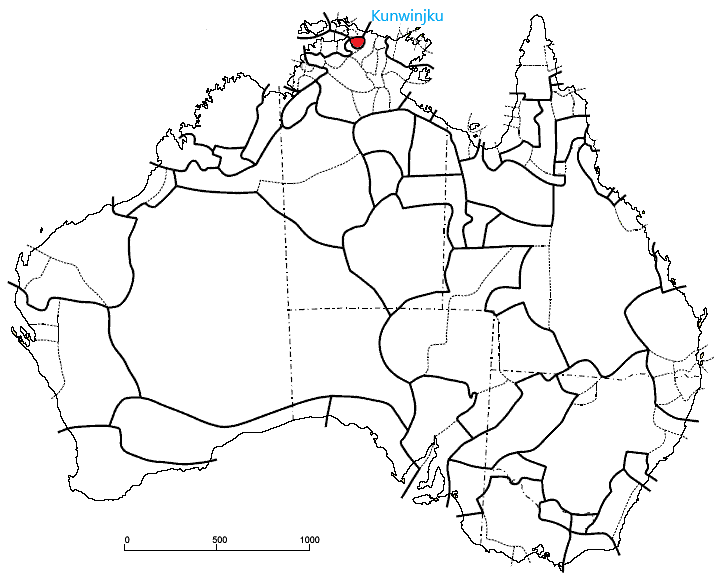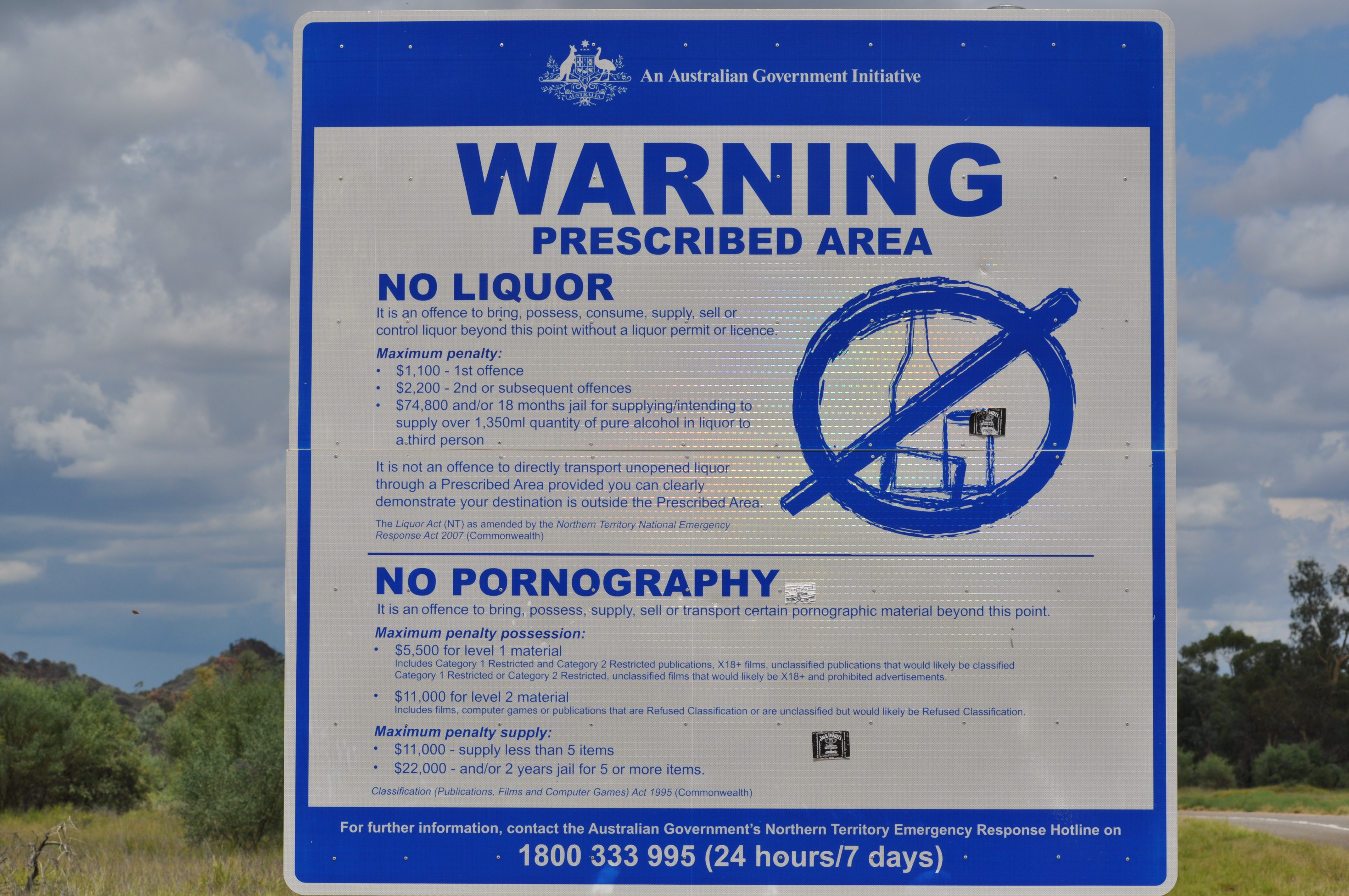|
Jon Charles Altman
Professor Jon Charles Altman (born 8 September 1954) is a social scientist with a disciplinary focus on anthropology and economics. He is an emeritus professor of the Australian National University currently affiliated to the Regulatory Institutions Network (RegNet), College of Asia and the Pacific, ANU. He was the founding director of the Centre for Aboriginal Economic Policy Research (CAEPR) at the Australian National University (1990 to 2010) and then a research professor there until 2014 when he retired. He is a Fellow of the Academy of the Social Sciences in Australia and an Honorary Fellow of the Royal Society of New Zealand. From 2008 to 2013 he was an Australian Research Council Australian Professorial Fellow. In late 2015 Altman moved to Melbourne to take up an appointment from 1 February 2016 as research professor at the Alfred Deakin Institute for Citizenship and Globalization at Deakin University. Early life Altman was born in Haifa, Israel and attended school in New ... [...More Info...] [...Related Items...] OR: [Wikipedia] [Google] [Baidu] |
Australian National University
The Australian National University (ANU) is a public research university located in Canberra, the capital of Australia. Its main campus in Acton encompasses seven teaching and research colleges, in addition to several national academies and institutes. ANU is regarded as one of the world's leading universities, and is ranked as the number one university in Australia and the Southern Hemisphere by the 2022 QS World University Rankings and second in Australia in the ''Times Higher Education'' rankings. Compared to other universities in the world, it is ranked 27th by the 2022 QS World University Rankings, and equal 54th by the 2022 ''Times Higher Education''. In 2021, ANU is ranked 20th (1st in Australia) by the Global Employability University Ranking and Survey (GEURS). Established in 1946, ANU is the only university to have been created by the Parliament of Australia. It traces its origins to Canberra University College, which was established in 1929 and was integrated into ... [...More Info...] [...Related Items...] OR: [Wikipedia] [Google] [Baidu] |
Academy Of The Social Sciences In Australia
The Academy of the Social Sciences in Australia (ASSA) is an independent, non-governmental organisation devoted to the advancement of knowledge and research in the social sciences. It has its origins in the Social Science Research Council of Australia, founded in 1942. The Academy was established in 1971 to recognise and champion excellence in the social sciences and to provide evidence-based advice on a range of social policy issues. The Academy consists of an elected Fellowship of almost 700 distinguished Australian social science researchers and professionals who work together to: * Provide advice to governments on issues of national importance; * Promote understanding and awareness of the social sciences; and * Coordinate international cooperation and collaboration in the social sciences. Origins ASSA's functions were originally fulfilled through the Social Science Research Council of Australia, which was founded in 1942. A timeline of events leading up to ASSA's formati ... [...More Info...] [...Related Items...] OR: [Wikipedia] [Google] [Baidu] |
Australian Research Council
The Australian Research Council (ARC) is the primary non-medical research funding agency of the Australian Government, distributing more than in grants each year. The Council was established by the ''Australian Research Council Act 2001'', and provides competitive research funding to academics and researchers at Australian universities. Most health and medical research in Australia is funded by the more specialised National Health and Medical Research Council (NHMRC), which operates under a separate budget. ARC does not directly fund researchers, but however allocates funds to individual schemes with specialised scopes, such as Discover (fundamental and empirical research) and Linkage (domestic and international collaborative projects). Most of these schemes fall under the National Competitive Grants Program (NCGP), whereby institutions must compete amongst each other for funding. ARC also administers the Excellence in Research for Australia framework (ERA), which provides ... [...More Info...] [...Related Items...] OR: [Wikipedia] [Google] [Baidu] |
University Of Auckland
, mottoeng = By natural ability and hard work , established = 1883; years ago , endowment = NZD $293 million (31 December 2021) , budget = NZD $1.281 billion (31 December 2021) , chancellor = Cecilia Tarrant , vice_chancellor = Dawn Freshwater , city = Auckland , country = New Zealand (Māori: ''Tāmaki Makaurau, Aotearoa'') , academic_staff = 2,402 (FTE, 2019) , administrative_staff = 3,567 (FTE, 2019) , students = 34,521 (EFTS, 2019) , undergrad = 25,200 (EFTS, 2019) , postgrad = 8,630 (EFTS, 2019) , type = Public flagship research university , campus = Urban,City Campus: 16 ha (40 acres)Total: 40 ha (99 acres) , free_label = Student Magazine , free = Craccum , colours = Auckland Dark Blue and White , affiliations = ACU, APAIE, APRU, Universitas 21, WUN , website Auckland.ac.nz, logo = File:University of Auckland.svg The University of Auckland is a public research university based in Auckland, New Zealand. It is the largest, most comprehen ... [...More Info...] [...Related Items...] OR: [Wikipedia] [Google] [Baidu] |
Economic Anthropology
Economic anthropology is a field that attempts to explain human economic behavior in its widest historic, geographic and cultural scope. It is an amalgamation of economics and anthropology. It is practiced by anthropologists and has a complex relationship with the discipline of economics, of which it is highly critical. Its origins as a sub-field of anthropology began with work by the Polish founder of anthropology Bronislaw Malinowski and the French Marcel Mauss on the nature of reciprocity as an alternative to market exchange. For the most part, studies in economic anthropology focus on exchange. Post-World War II, economic anthropology was highly influenced by the work of economic historian Karl Polanyi. Polanyi drew on anthropological studies to argue that true market exchange was limited to a restricted number of western, industrial societies. Applying formal economic theory (Formalism) to non-industrial societies was mistaken, he argued. In non-industrial societies, exch ... [...More Info...] [...Related Items...] OR: [Wikipedia] [Google] [Baidu] |
Kuninjku
The Bininj are an Aboriginal Australian people of Western Arnhem land in the Northern Territory. The sub-groups of Bininj are sometimes referred to by the various language dialects spoken in the region, that is, the group of dialects known as Bininj Kunwok; so the people may be named the Kunwinjku, Kuninjku, Kundjeyhmi (Gundjeihmi), Manyallaluk Mayali, Kundedjnjenghmi and Kune groups. Three languages are spoken among the Mirrar or Mirarr clan group, who are prominent in matters relating to looking after the traditional lands. The majority speak Kundjeyhmi, while others speak Gaagudju and others another language. History Aboriginal peoples have occupied the Kadadu area for about 65,000 years. The Macassans from Sulawesi had been in contact for trade purposes for centuries before the arrival of white civilization. They sailed down to exchange a variety of their goods for trepang, and the impact of their presence is evidenced by the retention in some Bininj Kunwok dialects of ... [...More Info...] [...Related Items...] OR: [Wikipedia] [Google] [Baidu] |
Chris Gregory
Christopher A. Gregory is an Australian economic anthropologist. He is based at Australian National University (ANU) in Canberra, and has also taught at University of Manchester- where he was made Professor of Political and Economic Anthropology. He studied Economics at University of New South Wales and ANU before pursuing anthropology, following a period in Papua New Guinea. His main research has been in Papua New Guinea and Bastar District, central India, and he also co-authored a research methods manual for economic anthropology, 'Observing the Economy', with Jon Altman. Papua New Guinea research: Gifts and Commodities (1982) Gregory first grew interested in anthropology whilst resident in Port Moresby, Papua New Guinea from 1973 to 1975. Whilst teaching economics at University of Papua New Guinea, Gregory found orthodox economic theory lacking in explanatory power for the different kinds of economic action he observed as he travelled the country. He began to read ethnographic ... [...More Info...] [...Related Items...] OR: [Wikipedia] [Google] [Baidu] |
Northern Territory National Emergency Response
The Northern Territory National Emergency Response, also known as "The Intervention" or the Northern Territory Intervention, and sometimes the abbreviation "NTER" (for Northern Territory Emergency Response) was a package of measures enforced by legislation affecting Indigenous Australians in the Northern Territory (NT) of Australia, which lasted from 2007 until 2012. The measures included restrictions on the consumption of alcohol and pornography (including complete bans on both at some communities), changes to welfare payments, and changes to the delivery and management of education, employment and health services in the Territory. The Intervention was brought about by the enactment of the ''Northern Territory National Emergency Response Act 2007'' and several associated new Acts of Parliament, along with a raft of changes to existing laws, by the federal government of Australia. The legislation was introduced and passed by the Howard government in August 2007. The justificati ... [...More Info...] [...Related Items...] OR: [Wikipedia] [Google] [Baidu] |
2017 Australia Day Honours
The 2017 Australia Day Honours were announced on 26 January 2017 by the Governor General of Australia, Sir Peter Cosgrove.Order of Australia awards - summary , 26 January 2017, www.gg.gov.auMeritorious Service awards - summary 26 January 2017, www.gg.gov.au (This list includes: Public Service Medal; |
Australian Social Scientists
Australian(s) may refer to: Australia * Australia, a country * Australians, citizens of the Commonwealth of Australia ** European Australians ** Anglo-Celtic Australians, Australians descended principally from British colonists ** Aboriginal Australians, indigenous peoples of Australia as identified and defined within Australian law * Australia (continent) ** Indigenous Australians * Australian English, the dialect of the English language spoken in Australia * Australian Aboriginal languages * ''The Australian ''The Australian'', with its Saturday edition, ''The Weekend Australian'', is a broadsheet newspaper published by News Corp Australia since 14 July 1964.Bruns, Axel. "3.1. The active audience: Transforming journalism from gatekeeping to gatew ...'', a newspaper * Australiana, things of Australian origins Other uses * Australian (horse), a racehorse * Australian, British Columbia, an unincorporated community in Canada See also * The Australian (disambiguation ... [...More Info...] [...Related Items...] OR: [Wikipedia] [Google] [Baidu] |
Living People
Related categories * :Year of birth missing (living people) / :Year of birth unknown * :Date of birth missing (living people) / :Date of birth unknown * :Place of birth missing (living people) / :Place of birth unknown * :Year of death missing / :Year of death unknown * :Date of death missing / :Date of death unknown * :Place of death missing / :Place of death unknown * :Missing middle or first names See also * :Dead people * :Template:L, which generates this category or death years, and birth year and sort keys. : {{DEFAULTSORT:Living people 21st-century people People by status ... [...More Info...] [...Related Items...] OR: [Wikipedia] [Google] [Baidu] |




